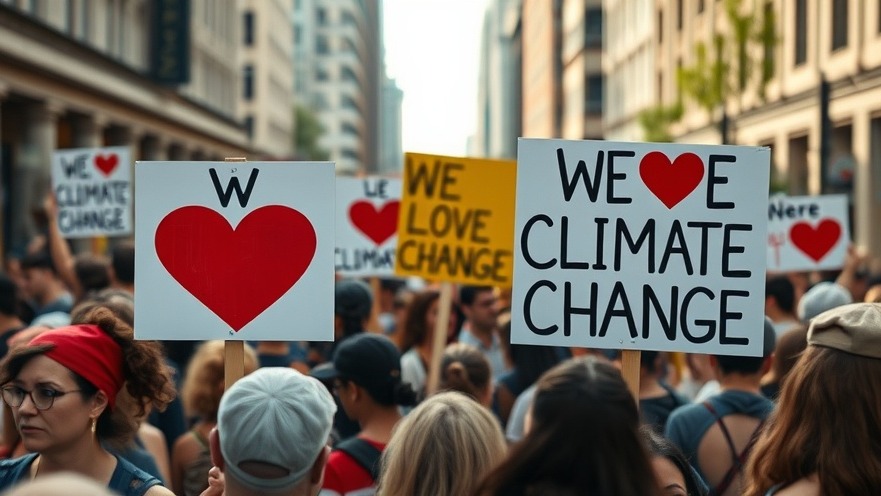
The Consequences of Ignoring Climate Science
In a crucial discussion in Washington, climate scientist Dr. McCracken voiced concerns about the negative impact of cutting research funding and staff within the field of climate science. His statements highlight the significant implications this trend has for accurate climate forecasts and societal resilience.
In Suhas Subramanyam Asks Climate Scientist Point Blank If We Are 'Too Late' To Stop Climate Change, the discussion raises critical insights about climate science and its future implications.
Research is essential for effective preparation against climate impacts, such as rising sea levels and abnormal weather patterns. Historically, comprehensive climate studies have provided the United States with proactive approaches to disaster response, influencing how infrastructure is built and maintained. Ignoring this field could lead to disastrous outcomes, particularly as weather events become increasingly catastrophic, costing the nation billions each year—and potentially trillions over time.
Understanding the Urgency: Is It Too Late?
While some pessimists argue we may have already passed the point of no return, Dr. McCracken expressed cautious optimism. There are still actionable steps we can take, notably in reducing methane emissions, which present an immediate avenue for impact.
Methane, a greenhouse gas with a much shorter atmospheric lifespan than carbon dioxide, has been overlooked compared to CO2 in climate discussions. By focusing on this potent gas, we could see rapid changes that help lessen the harmful effects of climate change sooner. Targeting methane could lead to measurable progress in our battle against increasing global temperatures.
Weather Events and the Role of Climate Change
The warming oceans not only raise global temperatures but also contribute to severe weather phenomena. As described by Dr. McCracken, the oceans absorb approximately 90% of the Earth's warming, which subsequently contributes to intensifying storms and droughts.
Regions like Texas have already felt the consequences, enduring floods linked to these climatic shifts. Moreover, global instances of devastating floods in Pakistan and India underline the interconnectedness of climate change with extreme weather conditions worldwide. As frequently observed, the aftermath of these events does not just pose immediate challenges but also long-term economic burdens to communities.
Steps We Can Take: The Path Forward
Despite the dire warnings from various experts, collaborative efforts at an international level can pave the way for much-needed changes. Initiatives focused on reducing greenhouse gas emissions and investing in climate interventions show the potential to stabilize environmental impacts.
Specific measures might include policies promoting renewable energy sources, enhancing energy efficiency, and investing in research for innovative climate adaptation technologies. These steps could provide foundational support for a more sustainable future while minimizing the repercussions of climate change.
Conclusion: Shaping Our Future with Climate Awareness
As discussions such as the one led by Mr. Suhas Subramanyam get underway, it is imperative for citizens and policymakers alike to engage actively with climate science. Understanding the implications of cutting research and dismissing expert opinions could ultimately determine the future of our planet.
Informing ourselves about climate change isn't merely an individual endeavor; it is a collective responsibility to foster policies that enhance scientific research and initiate meaningful interventions against climate degradation. Only through educated decision-making can we hope to avert potential disasters presented by unchecked climate change.
 Add Element
Add Element  Add Row
Add Row 



Write A Comment